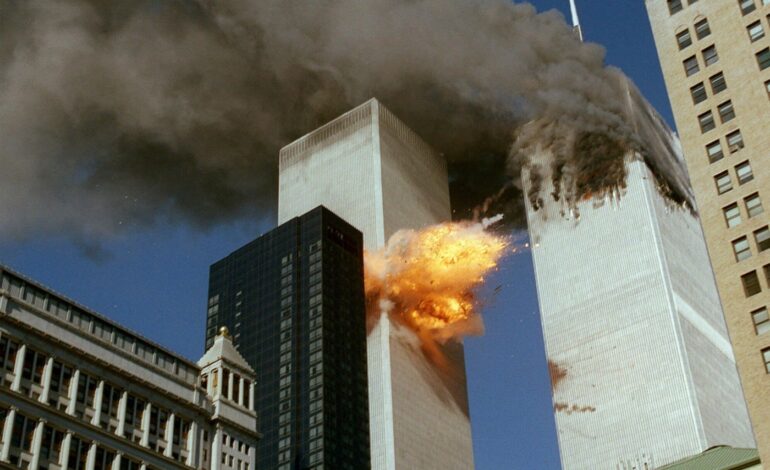9/11: Reflecting on 24 Years Since the Attack That Changed History

On September 11, 2001, a series of coordinated terrorist attacks transformed the landscape of the United States and the world. Nineteen extremists, aligned with the terrorist group Al Qaeda, executed a plan that resulted in the deaths of 2,997 innocent individuals in New York City, Washington D.C., and on hijacked airplanes. The immediate aftermath was marked by profound grief and a fundamental shift in national security and foreign policy.
The attacks produced a devastating impact on American society, as families were torn apart and communities faced the harsh reality of loss. Across the nation, the sense of safety was shattered, and the economic repercussions were felt widely. The events of that day prompted not only mourning but also a vigorous response from various sectors, including government and military.
Heroism Amidst Tragedy
In the wake of the destruction at what is now known as Ground Zero, thousands of first responders, including firefighters, police officers, and volunteers, rushed to the scene. They worked tirelessly, often at great personal risk, to rescue survivors and recover the remains of those who perished. Many of these heroes later faced serious health issues, including lung and heart conditions and various cancers, due to their exposure to hazardous materials at the disaster site.
These individuals fought not only for the lives of others but also for acknowledgment of their sacrifices. They encountered significant challenges in securing health care and compensation for their ailments, despite their critical roles in the recovery efforts.
The nation’s response extended beyond immediate rescue operations. Following the attacks, the U.S. government undertook a comprehensive assessment of vulnerabilities, leading to significant changes in security protocols and intelligence agencies. Enhanced measures were implemented in airports and public spaces to prevent future attacks, reflecting a new era of vigilance.
Shifting Focus: Wars Abroad
The September 11 attacks also prompted military action, leading to the United States’ longest war in Afghanistan. Over nearly two decades, 2,465 U.S. servicemen and women lost their lives in efforts to dismantle terrorist networks and ensure national security. The conflict in Iraq, initially framed as part of the broader war on terror, resulted in an additional 4,586 U.S. military casualties. Although the rationale for the Iraq War was debated, it remains a significant chapter in the post-9/11 era.
As the threat landscape evolved, from Al Qaeda to new entities like ISIS, the United States continued to adapt its strategies. The ideological battle against radical extremism persists, reflecting ongoing challenges in maintaining security while upholding democratic values.
Memorials and museums dedicated to the events of September 11 serve as poignant reminders of the tragedy and loss experienced by thousands. These sites honor the victims and allow visitors to reflect on the profound impacts of that day.
As the world marks the 24th anniversary of the September 11 attacks, it is essential to remember the lessons learned and the resilience demonstrated by individuals and communities. The events of that day serve as a reminder of the fragility of peace and the continuous effort required to protect it.






